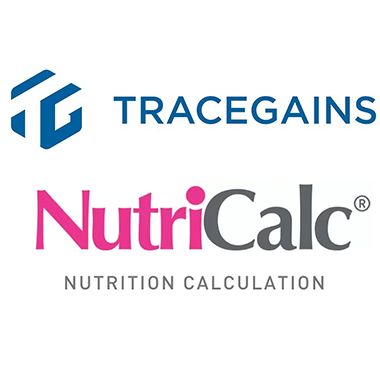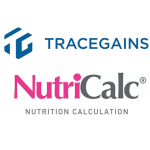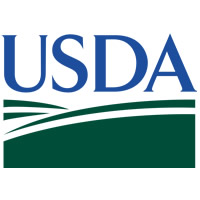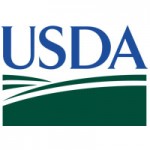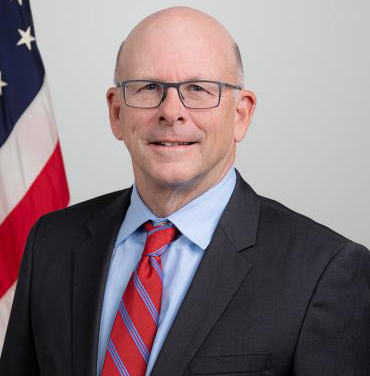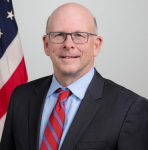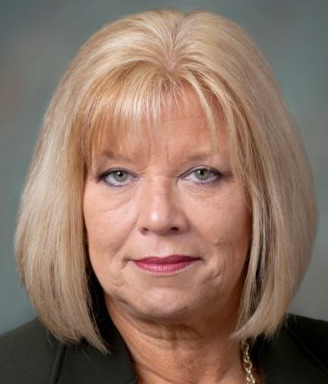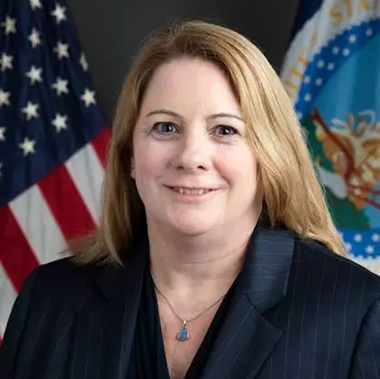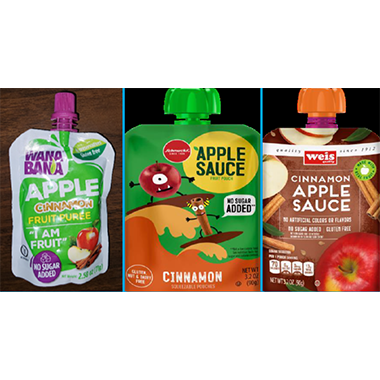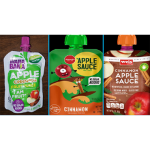The FDA is withdrawing a 2022 guidance document titled Questions and Answers Regarding Channels of Trade Policy for Human Food Commodities with Chlorpyrifos Residues: Guidance for Industry, following a decision by the U.S. Court of Appeals for the Eighth Circuit to vacate, or void, an Environmental Protection Agency (EPA) final rule that revoked all tolerances for the pesticide chemical chlorpyrifos.
In April 2021, the U.S. Court of Appeals for the Ninth Circuit ordered EPA to issue a final rule either revoking all chlorpyrifos tolerances or modifying the chlorpyrifos tolerances, provided EPA could make a determination that those modified tolerances met the safety standard mandated by the Federal Food, Drug, and Cosmetic Act (FFDCA). As a result of the short timeframe, EPA found that, based on the available data and anticipated exposure from registered uses of chlorpyrifos, it could not determine that there was a reasonable certainty of no harm from aggregate exposure, including food, drinking water and residential exposure. Consequently, on August 30, 2021 EPA issued a final rule amending 40 CFR 180.342 to revoke all tolerances for residues of chlorpyrifos.
Gharda Chemicals and several grower groups challenged EPA’s revocation of the tolerances in the U.S. Court of Appeals for the Eighth Circuit. On November 2, 2023, the Eighth Circuit issued its decision, vacating EPA’s final rule and remanding the matter to EPA for further proceedings. As a result of this ruling, EPA issued the final rule to reinstate previous tolerances for chlorpyrifos; 40 CFR 180.342 reflects the current legal status of the tolerances for chlorpyrifos. The FDA guidance was intended to explain the agency’s enforcement policy for foods containing chlorpyrifos residues after the tolerances expired, per the 2021 final rule, which is now void.



